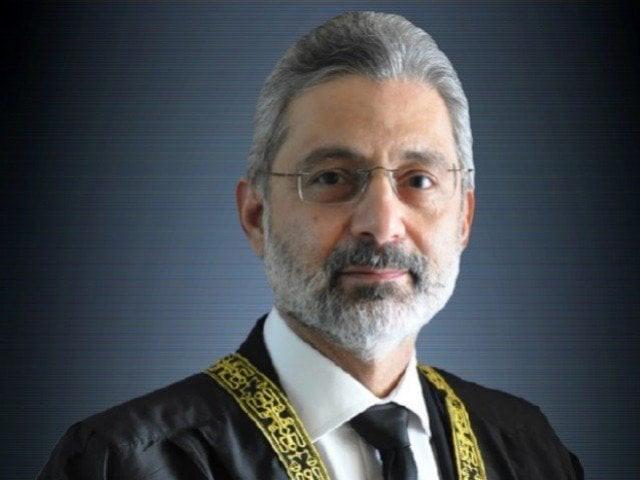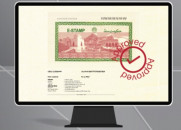‘Complaint’ against Justice Isa a result of surveillance: SHCBA
Says allowing state agencies to covertly investigate judges amounts to granting them licence to blackmail

Justice Qazi Faez Isa. PHOTO: FILE
“Allowing state agencies and functionaries to covertly surveil and investigate superior court judges and their families (without the aforesaid approval) amounts to granting them a licence to blackmail and pressurise judges and is inimical to the independence of the judiciary,” said an SHCBA constitutional petition filed by renowned lawyer Rasheed A Rizvi.
Pakistan Bar Council and Supreme Court Bar Association have already moved petitions challenging presidential reference against Justice Isa.
The petition states that the reference is an attempt to subjugate the judiciary and its independence.
It is also stated that the independence of judges must be protected not only from any possible encroachment by the executive but also by their peers and seniors including members of the SJC.
"The said reference is primarily motivated by his authorship of the Faizabad judgment which has aroused great resentment on part of the ruling parties and within the visible and invisible branches of the government/establishment."
The petitioner also referred Chief Justice of Pakistan Asif Saeed Khosa’s article wherein it was stated that the final frontier of judicial independence was where the independence of judiciary had to be protected not against any external threats but "from the threats originating from within the judiciary itself".
Justice Khosa also stated that an oft-neglected aspect of the judiciary's independence was that individual judge must be protected from "undue pressures of his peers and from some unnecessary and unwarranted controls of his institution".
It was further observed "the problem comes when the institution's independence is itself under cloud because of extraneous factors and an individual judge starts abdicating his decision-making before the dictates of the institution or, conversely, when the institution starts excluding an individual judge from decision-making in sensitive matters because that judge is not likely to toe the line of the institution. Both these factors... are unfortunately real possibilities".
Sindh High Court Bar Association said that it fully agreed with CJP Khosa’s observations.
The petition contended that the reference is dripped with malice and is patently a colourable exercise of power aimed at punishing Justice Isa for the Faizabad judgment. If it succeeded, it would have devastating consequences for the independence of the judiciary and would teach future generations of judges that there are certain areas and certain quarters within the government that are not (regardless of the law and Constitution) amenable to criticism or correction, it said.
The petition also stated that discretion of the SJC regarding the order and pace with which to take up and process complaints/references must not be exercised arbitrarily and required structuring. The manner in which the reference against Justice Isa had proceeded appeared discriminatory and in violation of Article 25 of the Constitution and had created an impression of bias, it added.



















COMMENTS
Comments are moderated and generally will be posted if they are on-topic and not abusive.
For more information, please see our Comments FAQ